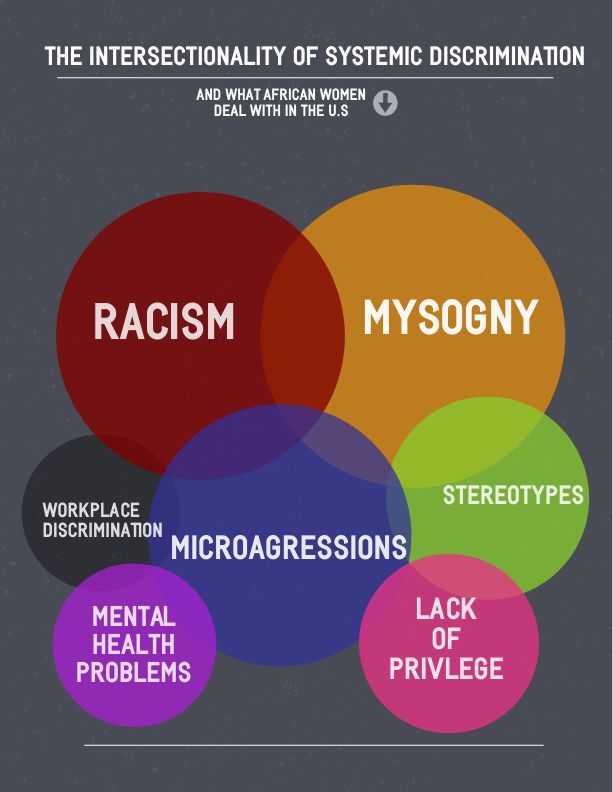Through overcoming social barriers, microaggressions and obstacles — African women know the importance of community.
At the University of Oklahoma, four organizations work to break these barriers — the East African Alliance, the African Women’s League, the Association of Southern African Students, and the African Student Association.
According to the American Psychological Association, Black women in the United States battle systemic racism and discrimination at disproportionally higher rates than other marginalized groups in their everyday lives.
OU East African Alliance president and Ugandan Jennifer Lubwama said for things to change, people first need to understand the struggles African women experience as a minority.
“Going into a space where nobody looks like you, nobody understands you, your culture, or where you’re from — it’s intimidating,” Lubwama said. “Unfortunately people [at OU] don’t know a lot about African culture.”
Being an African woman at OU has plenty of its own challenges. On top of the typical struggles of being a college student, are learning to live in a society that is unlike the one they grew up in. According to the National Library of Medicine, this kind of isolation can negatively impact mental health.
African Women’s League president Luhle Ndlangamandla says one of the hardest things about being an international student is feeling alone in an unfamiliar place.
“Most [Black women] come straight from the continent,” said Ndlangamandla, a sophomore from the Kingdom of Eswatini. “We come from majority Black to minority Black. That really does a lot to your mind.”
Feeling a sense of belonging is one of the biggest struggles international students can face, according to The Clay Center for Young Healthy Minds. For African women, finding a community is crucial to their experience at a predominately white university.
Nktheko Mafu is the founder and president of the Association of South African Students. Coming to OU, she hoped to find a community that represented her culture and origins as a South African woman. When she arrived in Norman, she felt that South Africans were being underrepresented in comparison to other parts of the continent.
“I thought it would be nice to start something where Southern Africans can feel at home,” Mafu said. “But also, so we can share our culture where people can immerse themselves in who we are as Southern Africans. The different cultures, narratives and tribes that exist there inspired me to start the organization.”
The treatment and inequalities Black women face in America today are rooted in slavery. Even after slavery was abolished in the United States, Black women remained victims of the blatant racism and sexism that still exists today. According to the American Civil Liberties Union, Black women were excluded from many social movements of the past. For example, there was a noticeable lack of melanin at the Seneca Falls Convention in 1848. Historically, America has not treated Black women kindly.

The systemic racism and exclusivity Black women face in society lead to many African-Americans feeling disconnected from their culture. According to the Pew Research Center, Black Americans feel that their cultural history is a huge part of their identity. Having relationships with people of similar backgrounds allows African women to empower one another and feel closer to their own culture.
African Student Association president Sara Azzun is a first-generation American with Nigerian parents. Azzun grew up in predominately white areas while living in the U.S., and said it lead to her feeling disconnected from her African roots.
“I was never really in touch with my culture as much as I wanted to be,” Azzun said. “Through AFSA I have been able to not only learn about others but learn about myself and [Nigerian culture] as well.”
African women at OU have found a home away from home amongst their peers. For African students still looking for a place to belong, EAA president Jennifer Lubwama says to look no further.
“[These groups] are part of such a beautiful community, and are great ways to get involved.”